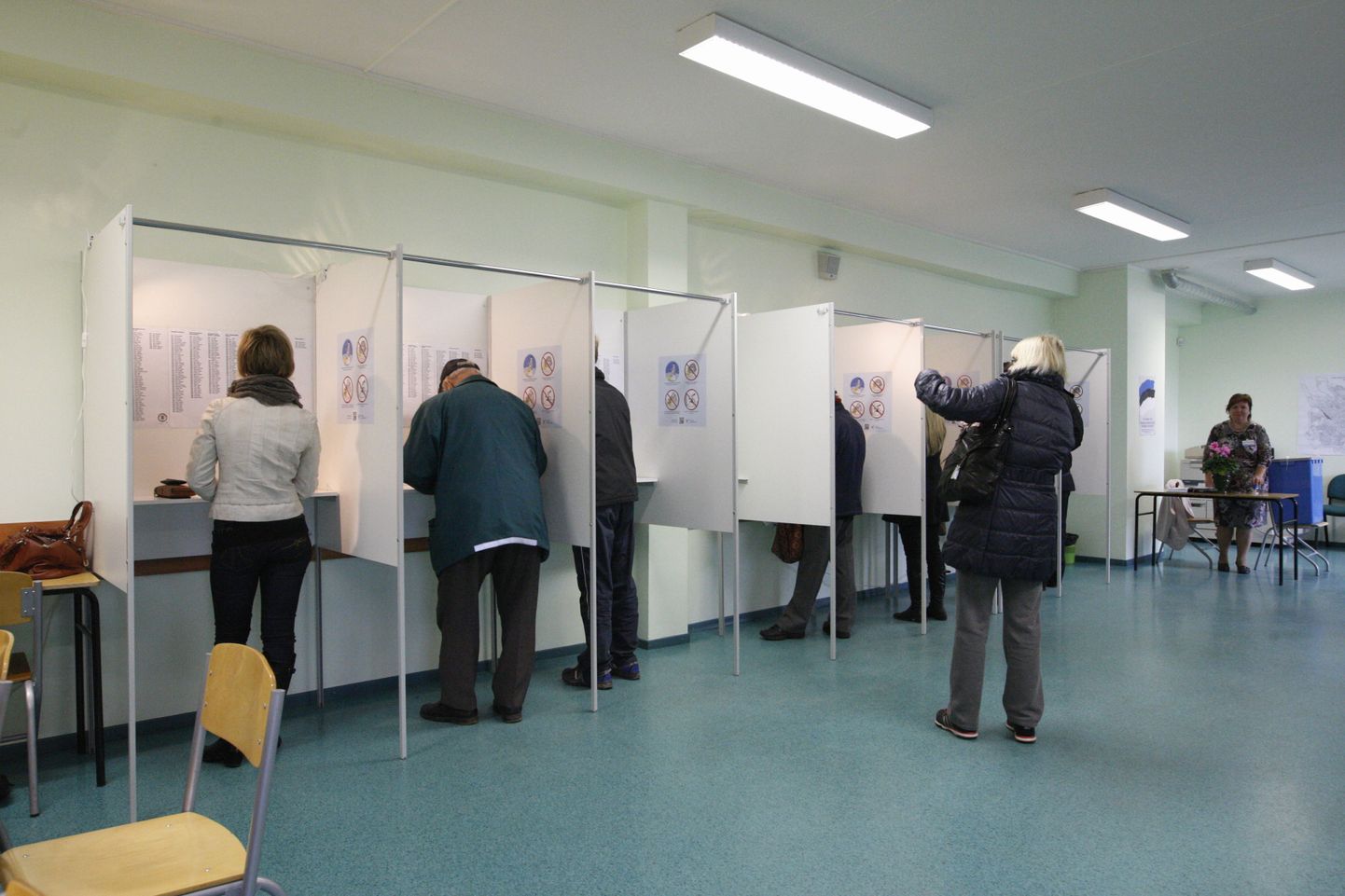
The elections are over, final results known and initial bursts of joy or indignation heard. Even so, the people decide – including the almost half who failed to vote. With the result, we will now have to live for four years.

The elections are over, final results known and initial bursts of joy or indignation heard. Even so, the people decide – including the almost half who failed to vote. With the result, we will now have to live for four years.
What strikes an observer as a common feature, in major cities at least, was the relative lethargy and lack of cooperation of opposition parties, as if this were mere warm-up for upcoming general elections. Especially so in Tallinn: change of power being the main goal, allegedly, no steps were taken towards a possible new coalition. Even on Election Day eve, at ETV televised debate, competition was in the air rather than cooperation. To say nothing of the entire election period, with confrontation even more pronounced.
One is tempted to fantasize: had Tallinn had one strong mayor candidate to set against Edgar Savisaar, and would other parties have united behind him, could power have been changed? The probability would surely have been bigger.
So: what are the lessons, this time? The notion that other parties addressing the non-Estonian-speaking voter, Centre Party style, would alter the power situation in Ida-Viru County or Tallinn, is only true partially. Beholding the Centre Party campaign, it is clear it had little to do with solving the problems of Russian-speakers. Mainly centring on Soviet-flavoured show and nostalgia, the Tallinn power party is rather aiming at offering a replacement to the crumbling identity constructed in USSR. In Estonia, we have not only to do with several culture and media spaces; we have two eras, two understandings of good state governance. The Centre Party banking on the latter. To other parties, a direction like that would hardly be beneficial.
Excellent proof was offered, however, that Russian-speakers may be addressed without playing the Soviet past card: Narva. True, there also Centre Party took majority of votes; even so, soc dems No 1 Yevgeni Ossinovsky rocked the boat.
A young and inexperienced candidate netting a thousand some votes more than the former Narva favourite Mikhail Stalnukhin, sounds a clear message: there comes a moment when the Russian-speaking voter has had enough of corrupt city management characteristic of states different than us. And, should other parties have people talking about the essentials, change is possible.